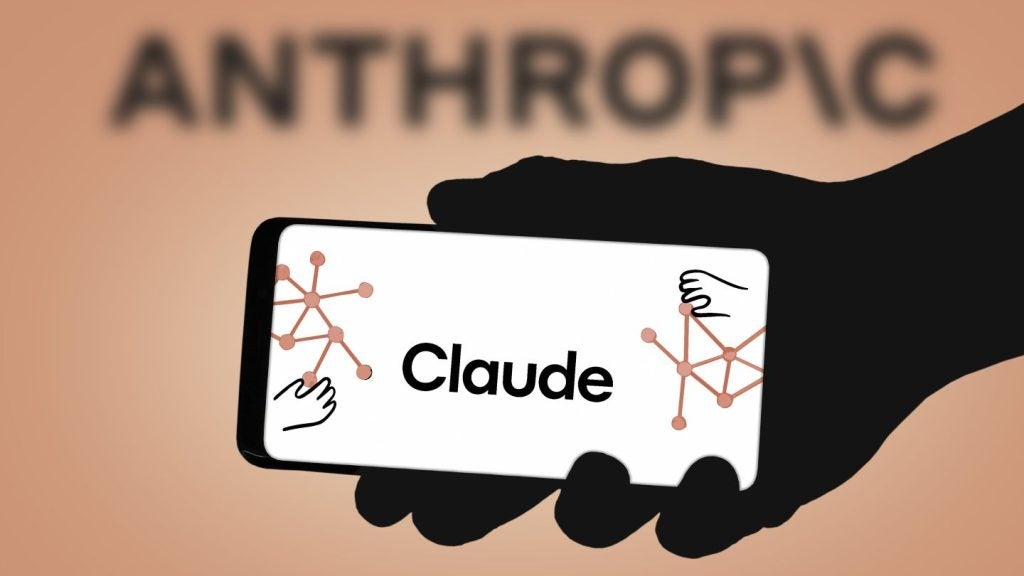
Snapchat has become the first ad-funded tech titan to be burnt by Apple’s new iPhone privacy settings, but other Silicon Valley ventures are already feeling the heat.
The social company’s disappointing quarterly results reveal just how vulnerable ad-dependent businesses are to new privacy policies and regulations, urging the industry to evolve with the changing times by implementing metaverse initiatives or finding other new revenue streams, according to analysts.
On Thursday, Snapchat’s parent company Snap saw its shares fall by 25% in after hours-trading after the CEO said Apple’s new iPhone privacy policy has hurt its ability to target users for ads.
The news sent ripples across the stock exchange with ad-dependent companies like Facebook, Twitter and Google also seeing their shares plummet following the news. Those companies are set to unveil their quarterly results next week.
“Apple’s latest privacy updates [have] dealt a big blow to social media companies’ business models, which heavily rely on advertising, and to the advertising sector more generally,” Laura Petrone, principal thematic research analyst at GlobalData, tells Verdict.
While dramatic, the news is hardly surprising. As Verdict has reported in the past, the iOS 14.5 update first announced in 2020 and implemented in June 2021 was always bound to distress ad heavy companies.
In short, the policy means iPhone users must actively give apps permission to track their journeys across the web. If businesses fail to get that consent, they can’t track them, leaving companies without the ability to target users for their advertisement clients.
Facebook has been particularly vocal in its opposition to the new policy, having even fought back by taking out ads in New York Times, Wall Street Journal and Washington Post, accusing Apple of threatening the livelihoods of the “10 million businesses [who] use our advertising tools each month to find new customers, hire employees and engage with their communities”.
Apple didn’t budge and introduced the policy this summer, leaving Snapchat to become the first Silicon Valley advertisement giant to really feel the burn.
“This has definitely been a frustrating setback for us,” Evan Spiegel, founder and CEO of Snapchat, said during a conference call.
The Santa Monica-headquartered company earns the majority of its revenue from digital ads, but the Apple policy, labour shortages and global supply chain disruptions held back advertisers from spending money with Snapchat.
As a result, Snap’s quarterly revenue missed analysts’ aggregated estimates of $1.1bn revenue, only achieving $1.07bn in revenue in the third quarter.
At the same time, though, its quarterly losses shrank from $199.9m in the same period last year to $72m.
Snapchat not alone in feeling Apple burn
However, it’s not just multi-billion ventures like Snapchat that will be affected by the Apple policy.
“The impact will be the most devastating for small advertising companies operating in several industries which are neither as well equipped nor as diversified as big tech companies to navigate this uncertain time,” Petrone says.
The past few years have seen a plethora of privacy regulations being implemented across the world, with the EU’s General Data Protection Regulation and the California Consumer Privacy Act having led the charge.
Apple’s privacy settings are arguably set to accelerate the reform of the industry already kicked off by those laws.
“We will see advertisers increasingly experimenting with new, less intrusive content offers,” Petrone argues. “Contextual targeting, where ads are displayed based on a website’s content, increasingly represents a safer alternative to behavioural tracking, using AI and computer vision as essential tools.”
Enter the metaverse
For social media companies to thrive in this transforming space, they need to find new ways of making money.
That is one of the reasons why both Facebook and Snapchat have pursued initiatives in the so-called metaverse, a catch-all term for creating virtual and cross platform worlds.
Facebook CEO Mark Zuckerberg has even said that he wants to transform the company into a metaverse company. The social media company is reportedly going to announce a rebrand on its annual conference on 28 October in a bid to reflect its metaverse focus.
Some commentators though have suggested that the rebrand is simply a way to distract from the tsunami of bad press it has endured over the past two months.
“Though a mature version of this virtual world where users share experiences and interact in real-time within simulated scenarios is a long way off, social media platforms will try to make ad-space in the metaverse a primary source of revenue,” Lil Read, thematic research analyst at GlobalData, tells Verdict.
“It’s likely that Facebook’s rebrand next week will reflect the company’s ambitions in this virtual space. If you thought ads were already annoying and omnipresent, wait until they’re in VR.”







